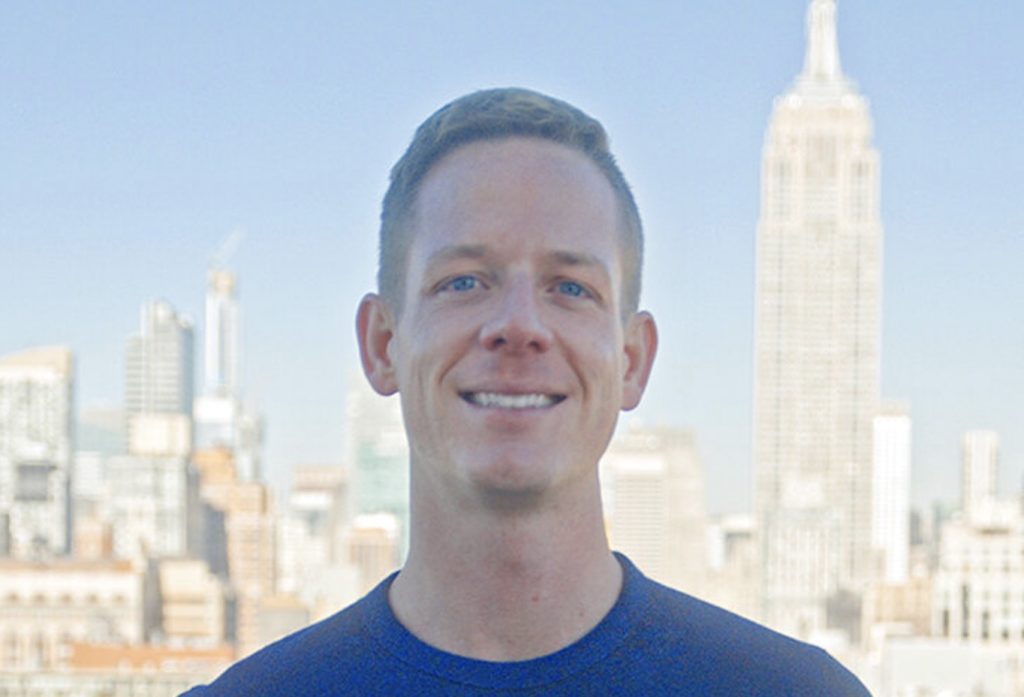Once again, the health of the LGBTQ+ community is being threatened — from different directions.
Limits on gender-affirming care have become a prominent divisive issue in both the state and national levels.
A recent Alabama court ruling has endangered the hard-won advances by same-sex couples to secure equal access to in-vitro fertilization (IVF).
A range of federal safeguards — including regulations forbidding healthcare providers and insurers from restricting coverage or care based on sexual orientation and gender identity — could depend on the election this fall.
This is a risky and problematic situation. Access to necessary healthcare for all LGBTQ+ individuals is not a political or cultural issue open to debate. It is not a DEI initiative or a “woke” issue. It is, primarily, a fairness issue — one that merits widespread support not just from the LGBTQ+ community and their supporters but also from the employers and health insurers that provide healthcare to two-thirds of the U.S. population.
Health fairness should be a clear shared objective. Regardless of our individual political inclinations, all of us — as individuals, taxpayers, employees, and employers — have a vested interest in addressing LGBTQ+ health inequalities, which encompass disproportionately high rates of depression and anxiety, substance use disorders, cancer, and chronic health conditions like diabetes.
All of these life-altering health issues are expensive; many are preventable and avoidable if people receive the right care at the right time. But too many LGBTQ+ individuals are not receiving the care they need.
Prominent issues like gender-affirming care and IVF are just the start. LGBTQ+ individuals regularly encounter barriers to healthcare of all types, including routine primary and preventive care, mental health care, and specialty care.
As a gay man, I’ve encountered many of these barriers firsthand. I’ve struggled to find providers I feel comfortable with, who didn’t shame me, discriminate against me, or deny me services — and I know many others in the community have experienced far worse.
Even when outright discrimination or denial of care isn’t happening, navigating health insurance and the healthcare system in general is more intricate and challenging for the LGBTQ+ community.
A recent nationwide survey of insured U.S. workers conducted by Included Health and YouGov found that LGBTQ+ individuals were more likely to experience difficulty understanding their health benefits, healthcare costs, and billing. Notably, LGBTQ+ respondents were more likely than the workforce overall to say they had delayed or skipped care due to administrative headaches or insurance challenges.
What happens when people delay or skip care? Cancer screenings are missed. Chronic conditions and mental health issues go unmanaged (and often exacerbate each other). People are more likely to end up in the emergency room or hospital.
No one wants these outcomes. LGBTQ+ individuals want to stay healthy and out of the hospital, and the employers and health insurers who are footing the bill want the same thing.
We have good news because we know how to deal with these differences and close the gaps in care. As a co-founder of an LGBTQ+ healthcare organization that now serves six million people, I've seen firsthand that making sure everyone can access high-quality care leads to more confidence in the healthcare system, less avoidance of care, and better health results for LGBTQ+ individuals. We have evidence that this approach works.
First, employers and health insurers need to do their part. Organizations that are dedicated to health fairness should concentrate on a few key things:
- Data. The first step in addressing health differences is recognizing them. By collecting self-reported data on sexual identity and gender orientation, surveys, healthcare claims, and other information, you can create an accurate picture of the healthcare needs of your LGBTQ+ population. In addition to identifying differences, these health fairness assessments will allow you to develop benefits and programs tailored to the LGBTQ+ community—and to assess their impact over time.
- Various provider networks. Finding healthcare providers with expertise in LGBTQ+ matters is always a challenge. (Only 24% of the LGBTQ+ workers we surveyed were confident they could find a provider who understands LGBTQ+ health issues.) However, we know that culturally sensitive care leads to better patient involvement and results. Expanding provider networks—also through virtual care—increases the likelihood that LGBTQ+ individuals can readily find primary care doctors, specialists, and mental health professionals suitable for their needs. Wrap-around support. Additional assistance with the various non-clinical aspects of care—such as care coordination, navigation services, claims advocacy, and more—is beneficial for everyone, but especially for the LGBTQ+ community. Similar to healthcare providers, it's a bonus if case managers, care coordinators, and other non-clinical care team members have expertise in LGBTQ+ health.
- LGBTQ+ individuals and our allies— including the parents and guardians of LGBTQ+ youth—also need to be involved in advocating for these resources and support. Concrete steps you can take today include: Revealing your sexual orientation and gender identity to your employer and health insurance plan when asked in surveys and paperwork. This information is crucial not only for representation but also for identifying differences and gaps in care. Feel empowered to let them know who you are.
Looking into your health benefits. Can you find providers in your network with expertise in LGBTQ+ matters? What does your current plan include for primary and preventive care, mental health, and LGBTQ+ health? You may have benefits you aren't aware of—and if you lack essential benefits, bring this up with your employer's HR team and/or health insurance company..
- Joining an LGBTQ+ employee resource group (ERG) at work—or starting one if it doesn't already exist. These groups are a crucial source of peer support, as well as advocacy and organizing. Visit for tips and recommendations on how to establish an ERG. If your organization has an internal DEI person or team, collaborate with them to ensure that the LGBTQ+ perspective is heard within your organization. The politicization of LGBTQ+ health is scary and disheartening, but we shouldn’t forget the things we can control and take action on today.
- If the LGBTQ+ community, employers, and insurers come together for health equity, there is a lot we can achieve together that will have an immediate impact on the lives of millions of LGBTQ+ individuals and our workplaces and communities as a whole.
- Colin Quinn is Included Health’s president of Communities. As a member of the LGBTQ+ community, he knows firsthand the challenges members of the LGBTQ+ community face managing their healthcare. He is passionate about increasing care equality for underserved patient populations. He also co-founded Included Health, which was acquired by Grand Rounds Health and Doctor on Demand and rebranded under the same name. Out & Equal All of us — as individuals, taxpayers, employees, and employers — have a vested interest in health equity for LGBTQ+ people.
- If you have an internal DEI person or team, engage with them to ensure the LGBTQ+ voice is heard within your organization.
The politicization of LGBTQ+ health is frightening and discouraging, but we shouldn’t lose sight of the things we can control and act on today.
If the LGBTQ+ community, employers, and insurers rally around healthy equity, there is so much we can accomplish together that will have an immediate impact on the lives of millions of LGBTQ+ individuals and our workplaces and communities as a whole.
Colin Quinn is Included Health’s president of Communities. As a member of the LGBTQ+ community, he understands firsthand the challenges members of the LGBTQ+ community face navigating their healthcare. He is passionate about raising care equality for underserved patient populations. He also co-founded Included Health, which was acquired by Grand Rounds Health and Doctor on Demand and rebranded under the same name.









